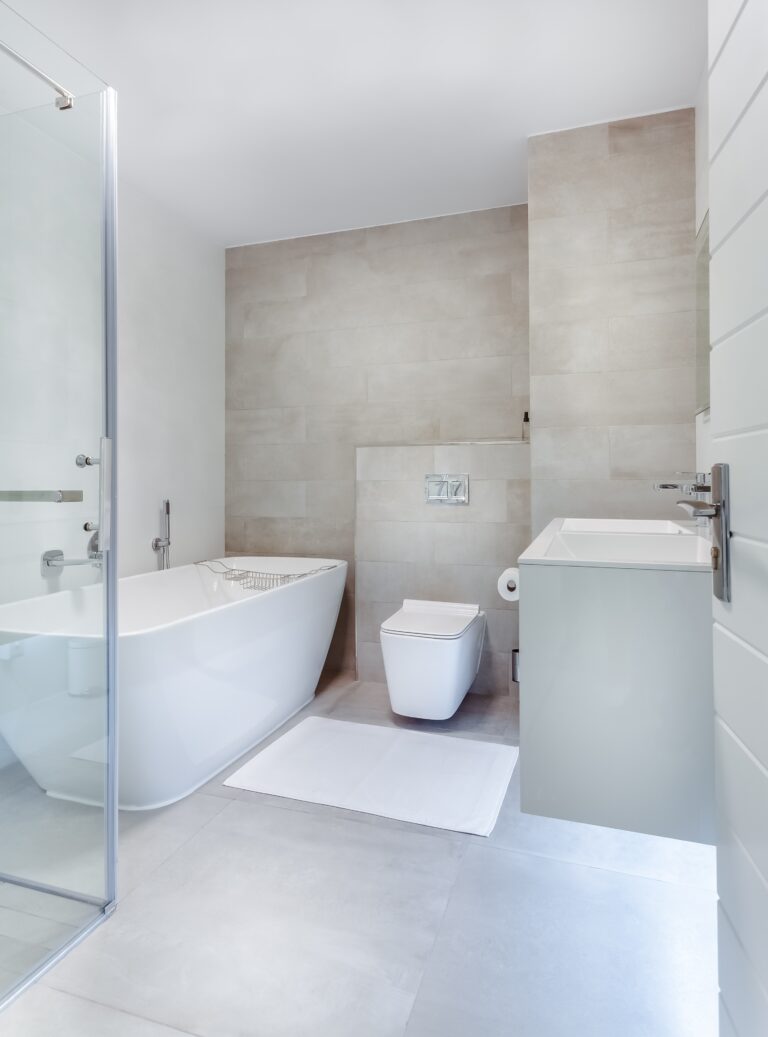5 Easy Tips For Making Space For A Roommate
After years of living alone, you realize you need to make room in your budget. That means cutting your living expenses and inviting a roommate (or two) into your space. To do that, you’ll need to go about making space for a roommate. But how can you do that in your small apartment or home? Here are a few ideas.
5 Easy Tips For Making Space For A Roommate
Declutter Your Space
Making space for a roommate means it’s time to declutter. You want your soon-to-be roommate to feel like it’s their home too. They’ll need closet space and shelves in the kitchen and refrigerator space. A roommate will also need space in the laundry room if you have one, a place to sleep, and may need space in common areas like the living room.
If your home only has one bathroom, you’ll need to make room so they can store their personal items as well. Go through every room you’ll be sharing with your roommate and set aside the items you want to keep. Make another pile for items you’re ready to part with. You may decide to donate some items and sell others.

If you’re not able to find enough space for the stuff you want to keep, you can look into renting a storage unit. Of course, you’ll want to find a storage unit that’s reasonably priced or share the costs with your roommate if they will be storing items as well. Only place the items in storage that you don’t need to use on a frequent or daily basis, like collections, family heirlooms, and extra furniture. Don’t give away valuable furniture that you may need later. Store it instead.
Install More Shelving and Storage Space
One way to maximize your space is to look for ways to add additional shelves, especially on underutilized walls and within closets. For instance, you can add wall shelving in bathrooms, kitchens, and bedrooms. You can also purchase or install closet organizers and storage bins.
If you’re going to be sharing closets or spaces where shelving exists, you might consider labeling which shelving belongs to whom. This way, you’ll eliminate confusion over who should put their items where. You’ll also prevent any misunderstandings of whose stuff is on different areas of the shelves.
Another place you can implement labels is in the fridge. Since many of them have separate bins, you can designate some for yourself and your roommate. Another idea is to purchase dividers for the larger bins or shelving inside the fridge. Use labels so each of you knows which food is yours and which food belongs to your roommate. The last thing you want to do is get in a fight over who accidentally ate each other’s meals.
Make Agreements Beforehand
As you’re interviewing potential roommates, it’s good to be upfront about your expectations, which spaces will be theirs, and which area you’ll share. This way, you’ll prevent disagreements and hurt feelings. Many arguments between roommates are caused by a lack of communication and misunderstandings about boundaries.
For instance, will there be rules about overnight guests and guests in general? How long can guests stay, and where will they sleep? Working out the answers to these questions when you’re sharing a small space can go a long way. You and your roommate won’t get as frustrated when these situations occur and expectations will be set beforehand.
Likewise, you don’t want to overstep each other’s boundaries. Maybe your roommate is going to want more personal space or quiet time. Signals such as closed doors or do not disturb signs can help. If one of you is a messy roommate, how will you handle it? Will that person commit to more cleaning time?
Conclusion
The decision to make space for a roommate isn’t a light one. You’ll be giving up many of the freedoms and conveniences you’ve enjoyed while living solo. However, having a roommate can not only lift financial burden but also bring life and company into your home.









